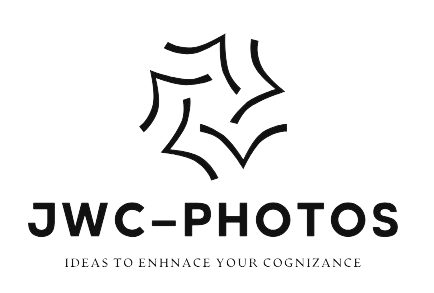The operations of fulfillment centres are built upon security and conformity. Fulfillment businesses that adhere to international regulations on trade and security procedures can earn the trust of their customers as well as their customers.
These protocols also help to reduce the risk of politically motivated chargebacks or online smear campaign. High-quality fulfillment warehouses put a premium on these steps and aim at achieving the highest possible SOC 1 Type 1 audit rating.
Cybersecurity Measures
Standards in cybersecurity ensure the safety of systems and data. They could include passwords and two-factor authentication, network/application firewalls as well as site failure recovery, and security incident management. These plans, processes as well as alerts are designed to monitor and deal with threats.
Cyberattacks are often targeted at human aspects like employees that click on malicious pop-ups or emails, which can be hackers, phishing attacks spoofed websites, malware, ransomware, and much more. In order to prepare warehouses for these security threats, they need to keep their cybersecurity up-to-date and train staff in best methods of cybersecurity. It is also essential to investigate suspicious actions and notify the appropriate authorities.
In terms of reducing cybersecurity risks and protecting against cyber attacks Supply chains may add an extra layer of complexity. Business owners can lower the likelihood of third-party breaches by requiring carriers to follow a the strictest security protocols.
Regulatory Compliance
Compliance with regulatory standards is accomplished through compliance with the standards set by a third party organization such as governmental agencies, companies, and other regulatory agencies. The regulations aim to reduce the legal, financial, and physical risk for the employees, customers and businesses.
While cybersecurity and regulatory compliance may seem like they are incompatible, these goals do not need to be in opposition. With the proper security measures, an organisation can meet all the requirements of the compliance framework for its sector in addition to enhancing its own security capabilities and best site https://efex.vn/vi/blog/huong-dan-ban-hang-tai-malaysia. The ideal solution to protect your investments and limit risks is a one-two-punch.
Physical Security
Manufacturing companies have a lot on their plate, and that includes paying attention to cybersecurity. But physical security is just as crucial. It shields the factory along with the property personnel, equipment, and assets inside of it from destruction and theft.
Physical security is a discipline that makes use of many different tools to ensure complete protection. Access control systems restrict the access of individuals to particular zones, while surveillance technology permits the monitoring of activities in real time. This is vital for the smooth operation of your supply chain, in that it prevents disruptions as well as the effect of attack.
Setting up clear security guidelines and documenting compliance with them ensures that your personnel are safe as well as your customers, partners and employees. This is a benefit over competitors, because you will be able to provide clients with reliable and trusted security solutions.
Trusted Fulfillment Partners
When working with a fulfillment partner be sure to inquire questions about their security procedures. Discover how they can protect your products from being counterfeited, fraud, and even tampering. Also, inquire about their 24/7 facility security as well as whether they have temperature and fire control mechanisms.
Choose a vendor that has extensive knowledge of the international shipping regulations and rules. If it is not handled correctly International fulfillment may be difficult.
Find a fulfillment partner who is data-driven as well as dynamic dashboards on the internet that let you monitor efficiency and optimize your operation. The use of data allows you to streamline processes and provide customers with a pleasant experience. This is essential to achieve business success and scalability. Analytics help identify and enhance your fulfillment procedures to achieve customer needs and goals for business.
Continuous Monitoring
In order to effectively implement constant monitoring, it is essential to set up policies and procedures. These should specify who’s accountable for monitoring, how often checks are performed, and what to do if anything happens to go wrong. If there is incidents, it’s essential to establish a clear procedures for escalate.
Continuous monitoring entails monitoring of systems at a real-time rate to spot the security vulnerabilities and weaknesses. It is more efficient over static evaluations, since it presents a real-time picture of security as well as compliance within the organization. Additionally, it can be less expensive and more effective as compared to manual procedures. Automated systems can keep track of more controls at a higher frequency with less resources. It reduces oversight risk and improves accuracy.
